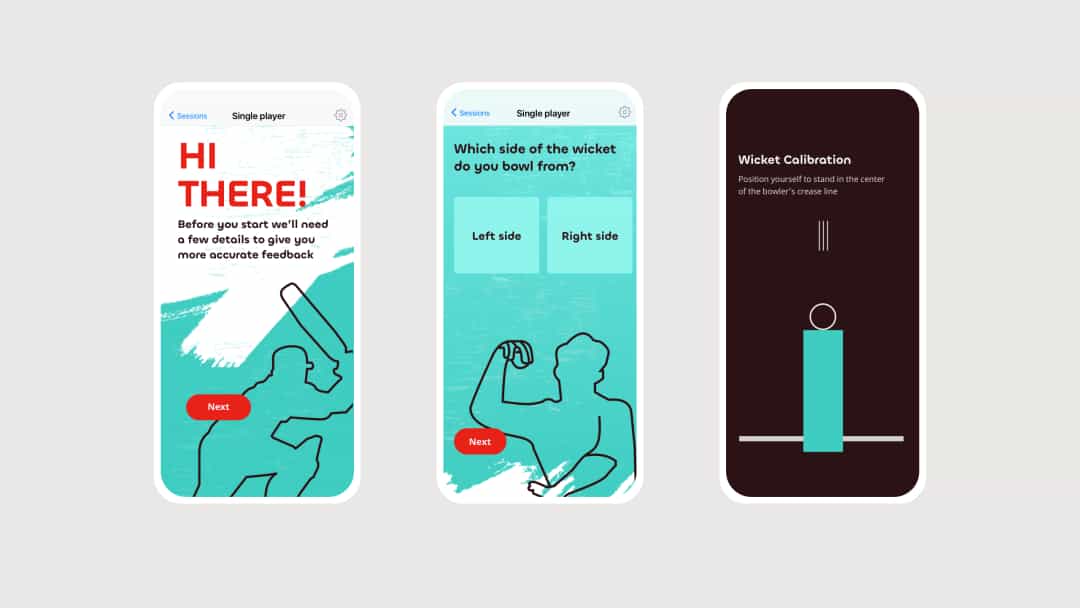
Well that didn’t take long…
It was only a fortnight ago when I wrote this article about Apple’s potentially game-changing response to the latest EU digital markets legislation which could change the future direction of the digital industry and how we all use apps…
…as we know, things move fast in tech and it seems that Apple have responded to the response of the digital industry, businesses that rely on the use of Progressive Web Apps (PWAs) or Home Screen web apps as Apple refers to them and the EU itself by seemingly U-turning on the policy in an announcement in the Developer Q&A on its developer page last Friday.
Progressive Web Apps are back.
In essence, Progressive Web Apps act like native apps and can access native functionality on devices such as the camera, GPS and notifications systems. Crucially they can do this without having to be distributed via first party app stores and as such don’t have to be reviewed and approved by app store owners and therefore don’t have to pay fees to the app store owner for in-app purchases.
In the recent announcement, due to security concerns, Apple announced it would drop all support for PWAs, effectively banning them from the iOS platform in the EU from version 17.4 onwards.
It seems that pressure from the EU which was reportedly seeking to investigate the decision, as reported by The Verge last week, from the Open Web Advocacy Group in the form of an open letter which attracted 4,500 and 480 signatures from individuals and organisations respectively and a slew of negative press has prompted the climb-down.
But there’s a WebKit caveat.
It’s worth noting however that per the Apple announcement:
“UPDATE: Previously, Apple announced plans to remove the Home Screen web apps capability in the EU as part of our efforts to comply with the DMA. The need to remove the capability was informed by the complex security and privacy concerns associated with web apps to support alternative browser engines that would require building a new integration architecture that does not currently exist in iOS.
We have received requests to continue to offer support for Home Screen web apps in iOS, therefore we will continue to offer the existing Home Screen web apps capability in the EU. This support means Home Screen web apps continue to be built directly on WebKit and its security architecture, and align with the security and privacy model for native apps on iOS.
Developers and users who may have been impacted by the removal of Home Screen web apps in the beta release of iOS in the EU can expect the return of the existing functionality for Home Screen web apps with the availability of iOS 17.4 in early March”.
Progressive Web App support will require web apps to be based on WebKit. PWAs using a different web engine will still continue to be blocked. A fact that has not passed The Open Web Advocacy Group by since the announcement, their response is to continue their mission for what they refer to as ‘secure, open and interoperable alternative’ to proprietary app stores.
As you were then, almost.
Photo by Filip Mroz on Unsplash

